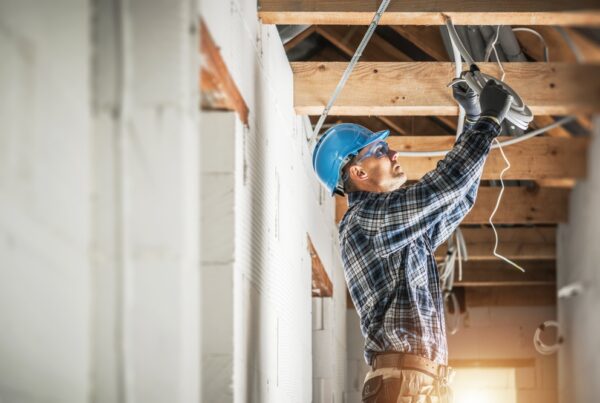Effective communication is the cornerstone of successful property management. When property managers and landlords maintain clear, consistent, and respectful communication with tenants, it fosters a positive living environment, encourages tenant retention, and prevents misunderstandings that can lead to disputes.

Here are some strategies to enhance communication with tenants:
Establish clear channels of communication
From the outset, establish the primary channels of communication. Whether it’s email, phone, text messages, or a property management app, ensure tenants know the best way to reach you. Be consistent in using these channels to avoid confusion. For example, email may be suitable for formal notices, while text messages can be used for quick updates or reminders.
Set expectations early
During the lease-signing process, provide tenants with a comprehensive welcome packet that outlines key information such as contact details, maintenance request procedures, and community rules. This sets clear expectations and gives tenants a reference point for any future questions or concerns.
Be proactive
Don’t wait for tenants to come to you with issues. Regularly check in with them to see if there are any concerns or maintenance needs. This proactive approach not only prevents minor issues from escalating but also shows tenants that you care about their wellbeing and satisfaction.
Use technology to your advantage
Leverage technology to streamline communication. Property management software can help track maintenance requests, send automated reminders for rent payments, and provide updates on community events. Additionally, consider using social media or a community portal where tenants can easily access important information and updates.
Practice active listening
When tenants approach you with concerns, practice active listening. This means fully concentrating on what is being said, rather than passively hearing the message. Acknowledge their concerns, ask clarifying questions, and repeat back what you’ve heard to ensure understanding. This approach demonstrates respect and helps build trust.
Be transparent
Transparency is crucial in building trust. Be honest about any changes or issues that may affect the tenants. For instance, if there will be construction work in the building, inform tenants well in advance and provide details about the duration and scope of the work. Transparency helps manage tenant expectations and reduces frustration.
Provide timely responses
Prompt responses to tenant inquiries and requests are essential. Even if you don’t have an immediate solution, acknowledge their message and provide a timeframe for when they can expect a resolution. This shows that you value their time and concerns.
Personalise your communication
Take the time to personalise your communication. Address tenants by their names and reference specific details about their situation when appropriate. Personalised communication makes tenants feel valued and respected, strengthening the landlord-tenant relationship.
Handle conflicts with care
Inevitably, conflicts will arise. When they do, address them promptly and professionally. Listen to all parties involved, remain neutral, and seek a fair resolution. Effective conflict resolution requires empathy, patience, and a willingness to find common ground.
Solicit feedback
Encourage tenants to provide feedback on their living experience. This can be done through surveys, suggestion boxes, or casual conversations. Act on the feedback where possible and communicate any changes or improvements made as a result. This shows tenants that their opinions matter and can lead to positive changes in the property management process.
Effective communication with tenants is not just about conveying information; it’s about building relationships based on trust, respect, and mutual understanding. Remember, good communication is an ongoing process that requires continuous effort and adaptation to meet the evolving needs of your tenants.









